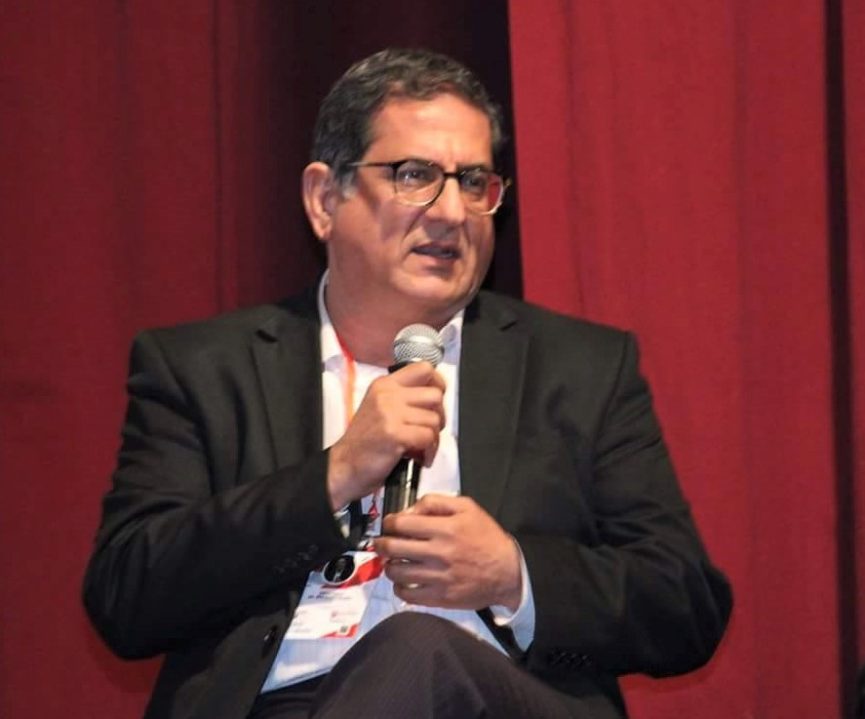Dinesh Bareja on Online Safety

I had a chance to speak to Mr. Dinesh Bareja, COO, IndiaWatch (LinkedIn) and who is also a famous name in the Information Security landscape globally. I was initially hoping to write a piece about Cyber Security Advice from experts around the globe. But this one that I got from Mr. Dinesh Bareja had to be made into a post. The premise of this post and the objective is just to bring to you simple and logical tips to protect yourself online. I know you don’t really fancy those “use longer passwords” posts, so, be assured that this is not one of them. These are all crisp and to the point answers. Please do read through the entire post.
If you were to give one safety advice to the Internet using generation of today, what would it be?
There is no free lunch, so just be wary of any free stuff being offered, or any deep discounts or easy money offers. Just use your common sense and try to understand the logic which (usually) will not make sense. Then run away from the offer – if it is genuine they will follow up maturely, but if it is a scam you can be prepared for an aggressive follow-up! Finally, before you say yes, ask yourself if you really believe you have such good luck that some unknown person(s) will make you super rich in such a short time. Like I said this has no logic!
One classic example of such fraud driven by impotent logic is this fraud committed by a Noida based company.
In our experience so far, we’ve seen that apart from the high end Critical Infrastructure hacks, most incidents could have been prevented by just some basic awareness. What do you feel about that?
The key phrase is “common sense” and this is missing in all that we do online. People are usually alone when posting online, so they think no one is watching and end up doing things (or saying things) that they would not dare in real life. They lose a sense of reality and realize the mistake too late.
Do you feel that there needs to be some difference between the way people behave online vs offline? (For example, the kind of things that we write online, many of us wouldn’t say that to a person or to a group of persons offline)
You are right to think that if people just “take care” more than half the crimes and incidents will be avoided. Check the cyber crimes that are reported and the common trend is that it is usually a kid.
